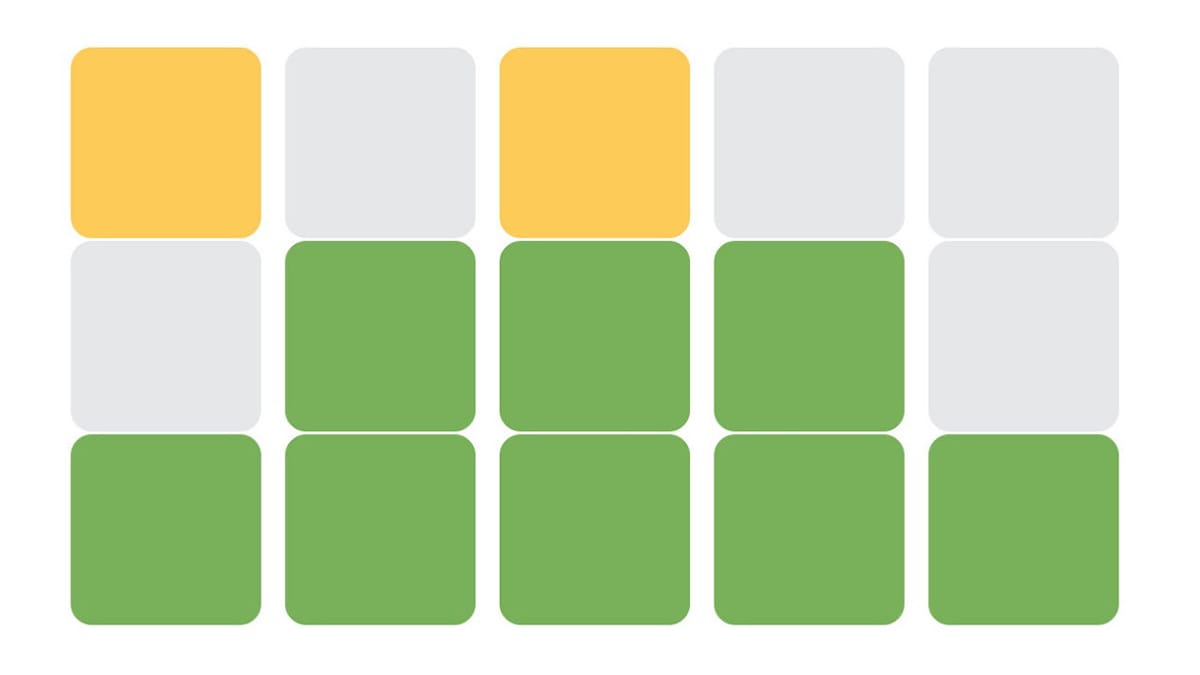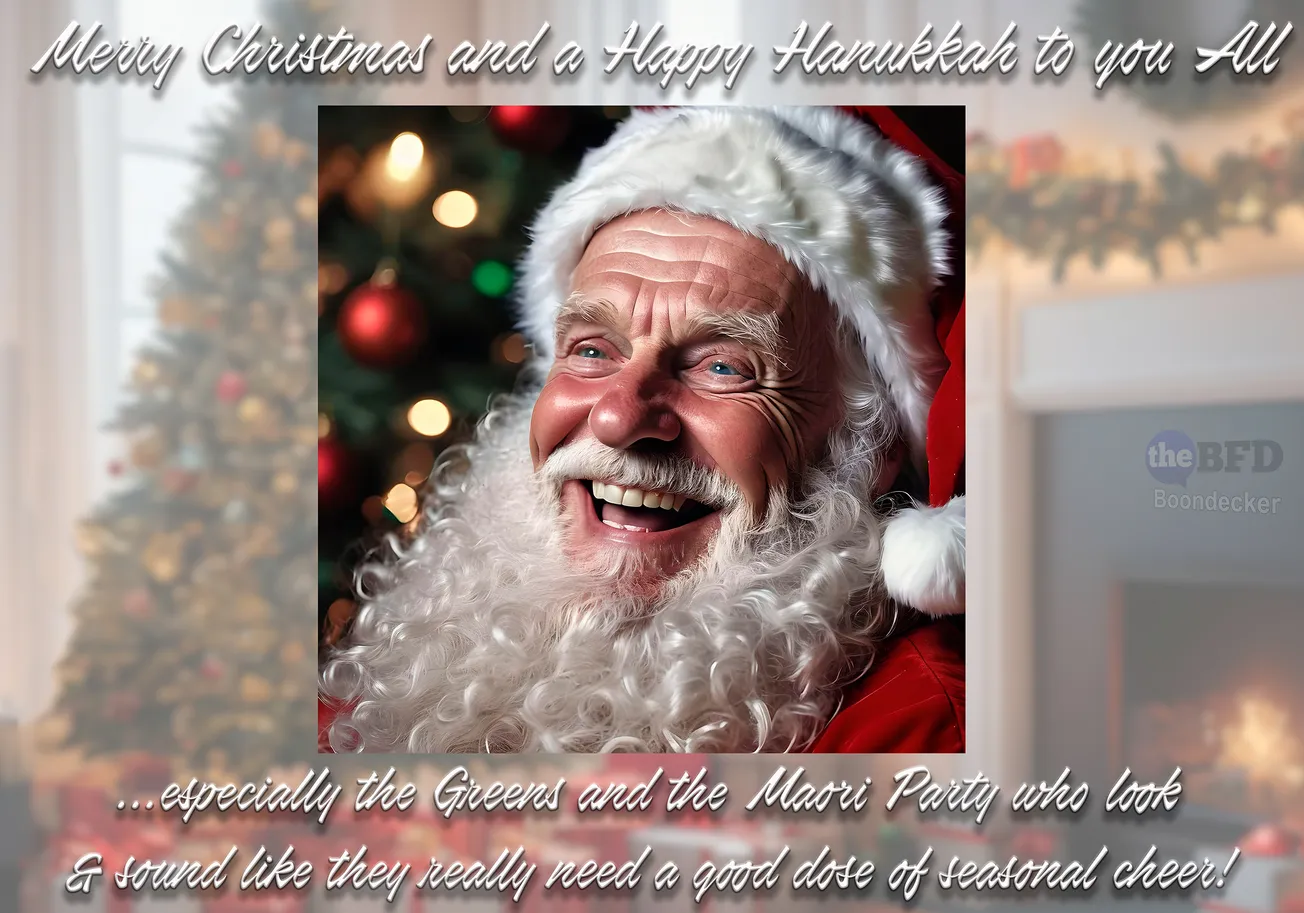Table of Contents
New Zealand is responsible for such great moments in history as Russell Crowe’s singing, Jacinda Ardern’s political career and, now, the latest internet obsession: Wordle.
Okay, I admit it: I’m addicted to Wordle, too. So, it seems, is half of the internet.
And New Zealand didn’t invent the game: it’s the brainchild of a Brit based in America. But it’s thanks to New Zealanders that the game has become the all-conquering viral monster that it is.
Creator Josh Wardle invented the first prototype of the game way back in 2013. Then, looking to make a game to keep his partner amused during lockdown last year, he polished up that prototype (for instance, filtering the word list to omit the plethora of really obscure five-letter words) and put it online in October.
But what made the game’s popularity explode was a simple tweak suggested by a New Zealand Twitter user.
For some reason that I don’t fully understand, the game got big in New Zealand, and New Zealand Twitter was playing a lot of the game, and someone out there who I don’t know—she’s called Elizabeth S, and I only know her on Twitter—came up with the emoji grid as a spoiler-free way of sharing her results with other people. (There are slight spoilers if you really want to be pedantic about it, but not really.) Previously, people were just saying, “Wordle in three,” and then she added this visual component that tells a story. So I saw other people start doing it and then manually typing out the emoji grid, going back and forth and referencing it. So I’m like, I can make this, I can just pull this into the game. And obviously that’s had a huge impact in helping it go viral.
Wardle in fact initially refrained from including a share function in Wordle because he thought his version, which “trie[d] to show a big preview of the thing”, was too spammy. It was Kiwi Elizabeth S’s stroke of genius to represent the course of the game with emojis, which led to the grey, yellow and green boxes we’re all too familiar with.

You’ll note that I wrote, “grey”, not “gray”. Wardle’s decision to use Americanised (or, should I say, “Americanized”) spelling has occasionally been a bone of contention.
The word list is another one of those things that I think I put a fair amount of effort into—actually my partner and I, we collaborated on it […]
So I was chatting with her this morning actually about, “How do you feel about the favor thing?” And she was like, “I’m American. You made the game for me” […]
So we filtered all those words down. I randomized them, and that’s it. I don’t look at them. So I live in fear that tomorrow is going to be something heinous and it’s going to really upset someone, or maybe a really bad word, or just an obscure word, slipped through the filtering somehow.
We had massé—it’s a type of billiards shot I’d never heard of. That slipped through our filtering somehow. And that was in the early days. The New Zealand contingent got very upset, which I totally understand.
Another interesting fact is that Wordle sharing remains a relatively intimate thing, between family, friends or work colleagues.
Although it gets seen a lot on Twitter, most people, I think, aren’t sharing their results on Twitter. They’re sharing them with friends and family in group chats and things like that. I get a ton of emails, and I got one yesterday from someone saying they have a teenage son, and they’re finding it hard to connect with him, but Wordle is something the father and the son do together each day. And I was just like, “Oh, my word, that’s amazing.” Having it be able to be shared in with friends and family is just a really low effort way of checking in and letting people know you care about them. And there’s something new to discuss each day if you want to.
Wardle in fact remains wary of making the game more widely competitive.
I’m wary about that stuff, because it makes it more competitive, or makes it more competitive with other people versus competitive with yourself. I’m fine with people competing with their friends and family, but if there was a global leaderboard, I don’t know. I’d worry about people’s motivations there.
Slate









